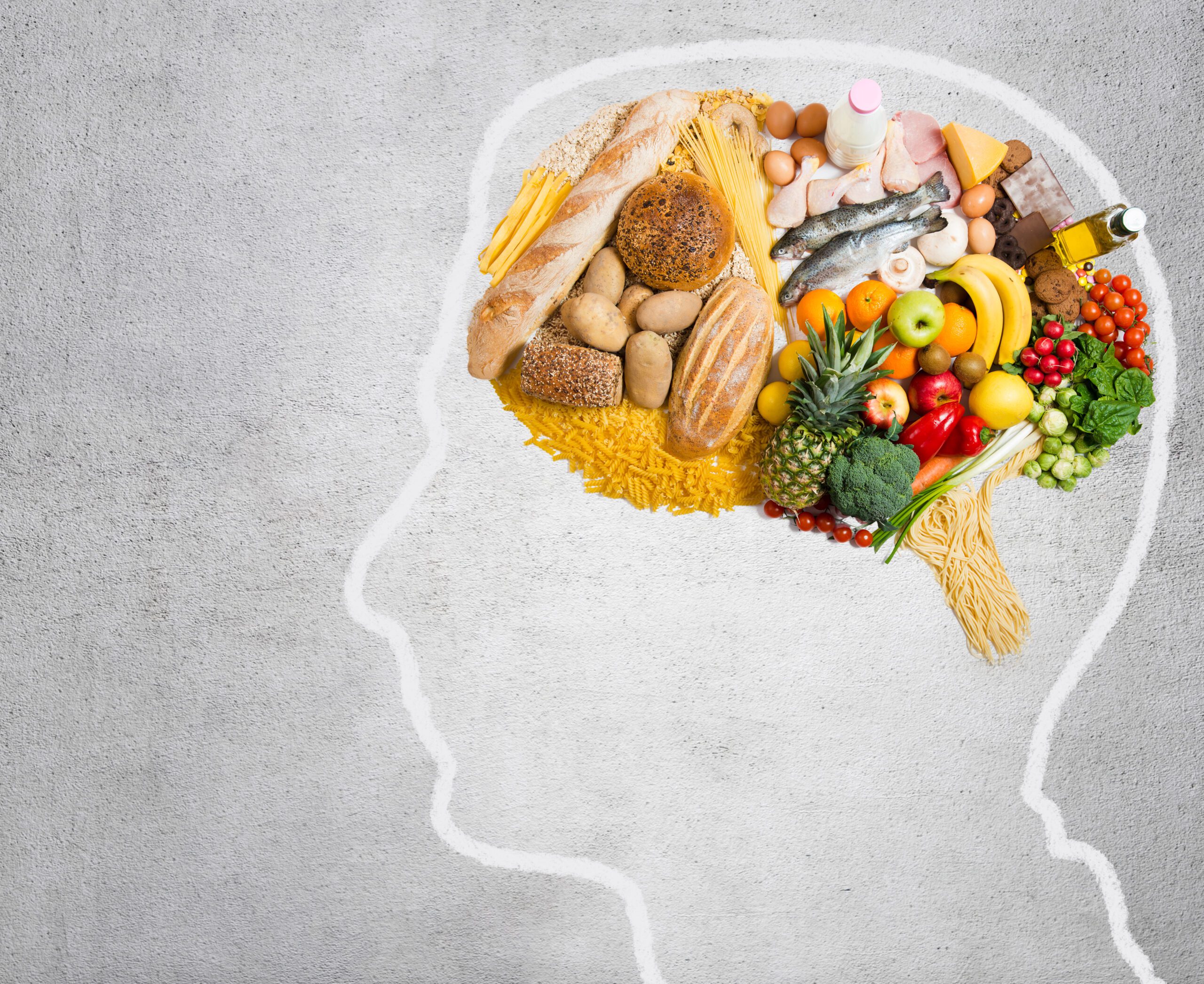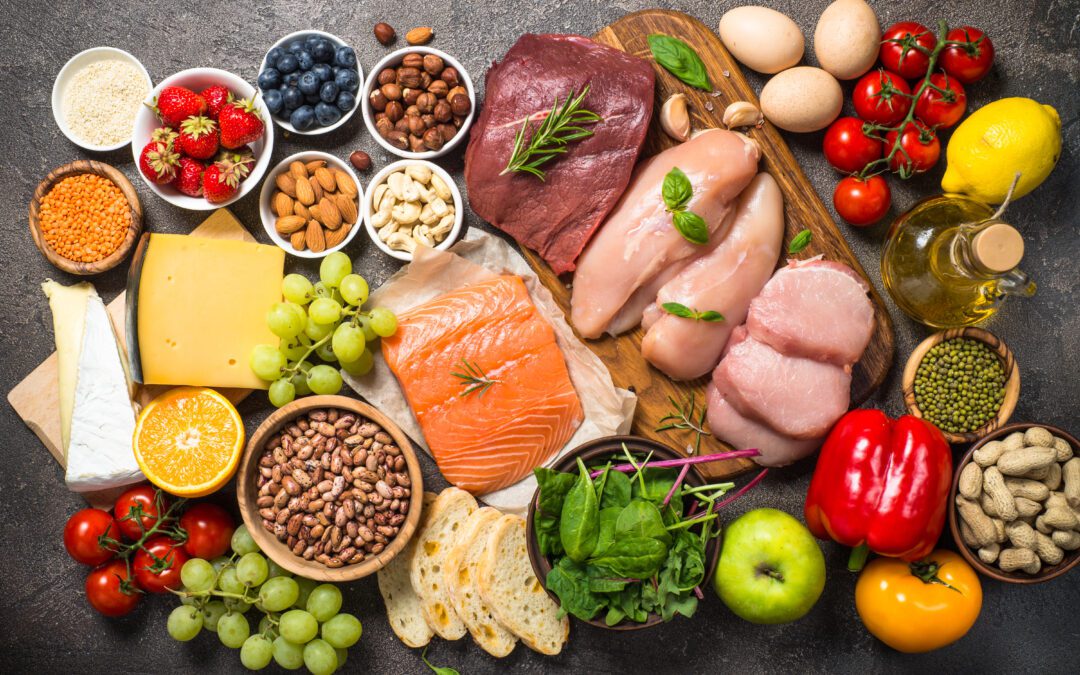This is where equ comes into play, a nutrition tracker app, helping you unlock the potential of your active lifestyle through healthy meal plans.
Table of Contents
Understanding Energy Balance
Before we dive into the specifics of energy-boosting foods, it’s crucial to understand the concept of energy balance. Simply put, energy balance refers to the relationship between the calories consumed through food and beverages and the calories expended through physical activity and metabolic processes. Maintaining a balanced energy intake is essential for sustaining energy levels and supporting overall health and well-being.
The Power of Macronutrients
Macronutrients, namely carbohydrates, proteins, and fats, serve as the primary sources of energy for the body. Each macronutrient plays a unique role in providing fuel and supporting various physiological functions:
Complex Carbohydrates
Carbohydrates are the body’s preferred source of energy, particularly for high-intensity activities. However, not all carbohydrates are created equal. While simple carbohydrates, found in sugary snacks and processed foods, provide a quick energy boost followed by a crash, complex carbohydrates offer a more sustained release of energy. Examples of complex carbohydrates include whole grains (such as oats, quinoa, and brown rice), fruits, and vegetables.
Lean Proteins
Protein is essential for muscle repair, growth, and overall tissue maintenance. Incorporating lean sources of protein into your diet helps stabilise blood sugar levels, promote satiety, and support sustained energy throughout the day. Opt for lean protein sources such as chicken breast, turkey, fish, tofu, legumes, and low-fat dairy products.
Healthy Fats
Contrary to popular belief, fats are not the enemy when it comes to energy production. Healthy fats play a crucial role in providing sustained energy, supporting brain function, and aiding in the absorption of fat-soluble vitamins. Incorporate sources of healthy fats, such as avocados, nuts, seeds, olive oil, and fatty fish (like salmon and mackerel), into your meals to maintain optimal energy levels.

Micronutrients for Energy Metabolism
In addition to macronutrients, micronutrients—such as vitamins and minerals—play a vital role in energy metabolism and overall health. Certain micronutrients are particularly important for energy production and can help optimise energy levels:
B Vitamins
The B-complex vitamins are essential for converting carbohydrates, proteins, and fats into usable energy. Incorporate foods rich in B vitamins, such as whole grains, leafy greens, eggs, lean meats, and dairy products, into your diet to support energy metabolism.
Iron
Iron plays a crucial role in oxygen transport and energy production, as it is a component of haemoglobin, the protein in red blood cells that carries oxygen to tissues and muscles. Iron deficiency can lead to fatigue and decreased energy levels. Include iron-rich foods, such as lean red meat, poultry, fish, lentils, beans, spinach, and fortified cereals, in your diet to prevent deficiency and maintain optimal energy levels.
Magnesium
Magnesium is involved in over 300 biochemical reactions in the body, including energy metabolism, muscle function, and nerve transmission. Low magnesium levels have been linked to fatigue and decreased exercise performance. Ensure an adequate intake of magnesium by consuming magnesium-rich foods, such as nuts, seeds, leafy greens, whole grains, and legumes.
Hydration for Energy and Performance
Staying hydrated is crucial for maintaining energy levels, supporting physical performance, and promoting overall health. Dehydration can impair cognitive function, reduce exercise performance, and lead to feelings of fatigue and lethargy. Aim to drink an adequate amount of fluids throughout the day, focusing on water as the primary beverage choice.

The Importance of Timing and Portion Control
In addition to choosing the right foods, paying attention to meal timing and portion control can further optimise energy levels and promote sustained energy throughout the day. Aim for balanced meals that combine carbohydrates, proteins, and fats, and consider spreading your meals and snacks evenly throughout the day to maintain steady blood sugar levels and prevent energy dips.
Practical Tips for Incorporating Energy-Boosting Foods
Incorporating energy-boosting foods into your diet doesn’t have to be complicated. Here are some practical tips to help you fuel your active lifestyle with vitality and vigour:
- Start your day with a balanced breakfast that includes a mix of carbohydrates, proteins, and healthy fats to kick-start your metabolism and provide sustained energy.
- Plan ahead and pack nutrient-dense snacks, such as fresh fruit, vegetables, Greek yoghurt, or whole grain crackers with cheese, to keep you fueled on the go.
- Experiment with new recipes and ingredients to keep meals exciting and enjoyable while ensuring they provide the necessary nutrients for sustained energy.
- Stay mindful of portion sizes and listen to your body’s hunger and fullness cues to avoid overeating and maintain energy balance.
- Hydrate consistently throughout the day, aiming to drink water with meals and snacks and replenish fluids lost during physical activity.
In conclusion, the foods we choose to fuel our bodies play a significant role in sustaining energy levels, supporting physical performance, and promoting overall health and well-being. By incorporating a variety of nutrient-dense foods—including complex carbohydrates, lean proteins, healthy fats, and micronutrient-rich options—into our diets, we can optimise energy metabolism, enhance vitality, and conquer each day with vigour and enthusiasm.
At equ, we understand that nutrition is not one-size-fits-all, which is why we tailor our approach to meet your individual goals, preferences, and lifestyle. Whether you’re an athlete striving for peak performance, a busy parent juggling multiple responsibilities, or simply someone looking to enhance energy levels and overall well-being, our balanced nutrition balances will support you on your journey to optimal health and vitality.
Want more tips and gidance just like this? Why not try one of our programs packed with delicious healthy recipes and nutrition advice.

